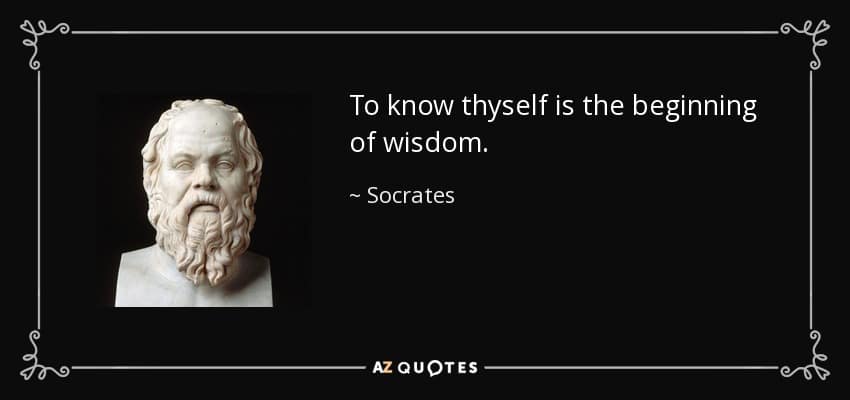“Know thyself” is a philosophical maxim, inscribed upon the Temple of Apollo in Delphi. It’s also part of a quote from Socrates, “To know thyself is the beginning of wisdom.” True wisdom is knowing… but also recognizing what you do not know, and what you need to learn.

November is National Family Health History Month, according to the US Surgeon General. This is an important national public health campaign to encourage all Americans to share their family medical concerns with family members, and to learn more about their own family health history.
I just turned 66, and am keenly aware that some of my family members, and many friends, are undergoing health challenges now. Kidney disease, cancer (a big one), heart problems… all of these can have a genetic component.
Hemophilia did not seem to run in our family—ours is the first known case in several generations. But diabetes is rampant. From an early age I’ve been careful about monitoring this, keeping my weight down, and staying active.
Knowing about your family health history of a disease can motivate you to take steps to lower your chances of getting the disease. Good places to start? Stop smoking—now. Exercise regularly (hike, bike, walk, swim) and change your eating habits. Get rid of poisonous soft drinks, limit alcochol. Family history is considered one of the most important risk factors for health problems such as heart disease, stroke, diabetes, cancer and even certain psychiatric disorders.
Knowing whether hemophilia “ran” in your family was important in family planning. For us, it was a surprise, but now we know the chances of hemophilia being passed on—an important thing for each child to know, for themselves and for their future partners. There are several ways to test for hemophilia pre-birth, and post birth.

Umbilical cord blood is now used to treat more than 80 diseases and disorders, including some that are transmitted to newborns. If you know your family’s health history, you can decide whether or not to store your newborn’s cord blood at birth. The stem cells from this cord blood could possibly be used to treat future diseases in your family.
There are free tools on-line to help start recording your family history. But start with your primary care physician, who will know the right questions to ask. Know thyself, thy body, thy health!

